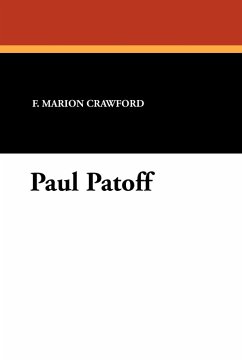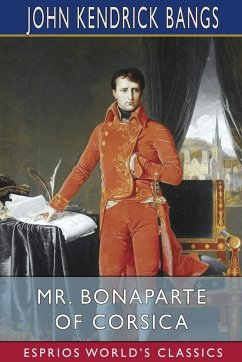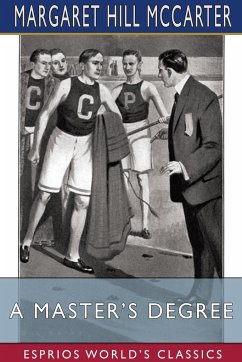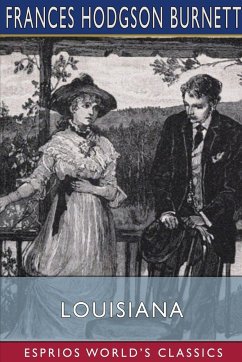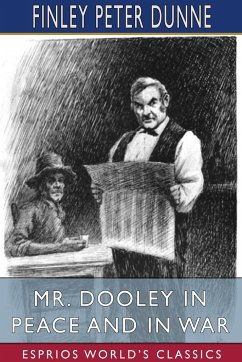
Paul Patoff (Esprios Classics)
Versandkostenfrei!
Versandfertig in 1-2 Wochen
42,99 €
inkl. MwSt.
Weitere Ausgaben:

PAYBACK Punkte
21 °P sammeln!
Francis Marion Crawford (August 2, 1854 - April 9, 1909) was an American writer noted for his many novels, especially those set in Italy, and for his classic weird and fantastical stories. Crawford was born in Bagni di Lucca, in the Grand Duchy of Tuscany. He was the only son of the American sculptor Thomas Crawford and Louisa Cutler Ward. In December 1882, he produced his first novel, Mr Isaacs, a sketch of modern Anglo-Indian life mingled with a touch of Oriental mystery. It had an immediate success, and Dr Claudius (1883) followed promptly. In May 1883, he returned to Italy, where he made h...
Francis Marion Crawford (August 2, 1854 - April 9, 1909) was an American writer noted for his many novels, especially those set in Italy, and for his classic weird and fantastical stories. Crawford was born in Bagni di Lucca, in the Grand Duchy of Tuscany. He was the only son of the American sculptor Thomas Crawford and Louisa Cutler Ward. In December 1882, he produced his first novel, Mr Isaacs, a sketch of modern Anglo-Indian life mingled with a touch of Oriental mystery. It had an immediate success, and Dr Claudius (1883) followed promptly. In May 1883, he returned to Italy, where he made his permanent home. He lived at the historic Hotel Cocumella in Sorrento during 1885 and settled permanently in Sant'Agnello, where in the fall he bought the Villa Renzi that became Villa Crawford.





